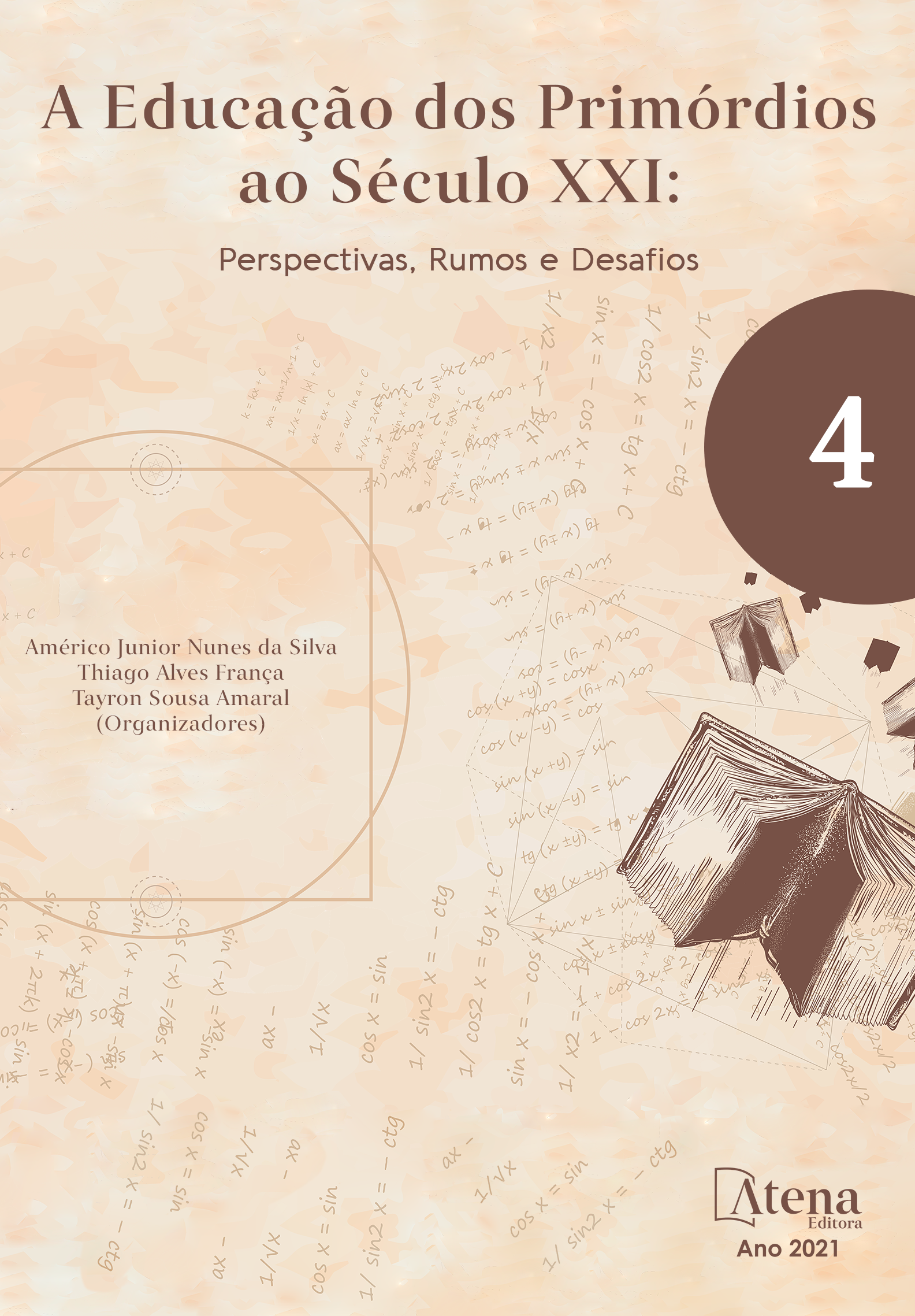
A METODOLOGIA DA PROBLEMATIZAÇÃO NO PROGRAMA DE EDUCAÇÃO PELO TRABALHO PARA A SAÚDE: UM RELATO DE EXPERIÊNCIA
O presente trabalho disserta sobre a metodologia da problematização como método de ensino-aprendizagem utilizado pelo Programa de Educação pelo Trabalho para a Saúde – Interprofissionalidade. É apresentada a esquemática do Arco de Maguerez, e como este é utilizado na prática do subgrupo com enfoque em Saúde Mental. O referido Arco é composto por cinco etapas: observação da realidade, levantamento dos pontos-chave, teorização, hipóteses de solução e aplicação na realidade. O grupo de saúde mental encontra-se na etapa de aplicação na realidade. A produção deste material aconteceu no mês de novembro de 2019 em que estávamos vivenciando a fase de teorização e, portanto este trabalho trata de resultados e discussões referentes a esta fase. A partir da observação da realidade e escolha dos pontos-chave foi possível apresentar resultados parciais das ações. Foram levantadas algumas problemáticas/demandas junto às duas Unidades de Saúde da Família (USF) participantes do projeto: saúde mental do trabalhador prejudicada, sobrecarga de trabalho e dificuldade de realização de trabalho interprofissional. Acerca da população atendida, observou-se índices consideráveis de transtornos/sofrimentos mentais leves como depressão e ansiedade, depressão pós-parto, gestação na adolescência, aspectos socioeconômicos e condição de vulnerabilidade, consumo de substâncias psicoativas (SPA) e famílias disfuncionais. Percebeu-se também que tanto os profissionais, quanto a população encontravam certa dificuldade em compreender a complexidade do conceito ‘saúde mental’, e ainda em entender como a rede do Sistema Único de Saúde (SUS) se articula. A partir das experiências vivenciadas é perceptível que a metodologia da problematização aponta como ferramenta de uma educação emancipadora e crítica. O protagonismo compartilhado entre aluno, preceptor e tutor no processo de ensino-aprendizagem e ensino-pesquisa-extensão é um salto qualitativo frente a outras metodologias, pois o aluno não apreende o conhecimento como produto final, mas sim, no processo, por meio da inserção no serviço.
A METODOLOGIA DA PROBLEMATIZAÇÃO NO PROGRAMA DE EDUCAÇÃO PELO TRABALHO PARA A SAÚDE: UM RELATO DE EXPERIÊNCIA
-
DOI: 10.22533/at.ed.48921260213
-
Palavras-chave: Educação pelo trabalho, Interprofissionalidade, saúde mental, metodologia da problematização, relato de experiência.
-
Keywords: Education through work, Interprofessionality, mental health, problematization methodology, experience report.
-
Abstract:
This paper discusses the methodology of problematization as a teaching-learning method used by the Education through Work for Health Program - Interprofessionality. The schematic of the Maguerez Arch is presented, and how it is used in the practice of the subgroup focusing on Mental Health. This arch is composed of five stages: observation of reality, survey of key points, theorizing, hypotheses of solution and application in reality. The mental health group is in the application stage in reality. The production of this material took place in the month of November 2019 in which we were experiencing the theorization phase and, therefore, this work deals with results and discussions related to this phase. From the observation of reality and the choice of key points, it is possible to present partial results of the actions. Some problems/demands were raised with the two Family Health Units (FHU) participating in the project: impaired worker mental health, work overload and difficulty in performing interprofessional work. It was observed about the population served, considerable indices of mild psychological disorders such as depression and anxiety, postpartum depression, adolescent pregnancy, socioeconomic aspects and vulnerability, consumption of psychoactive substances (SPA) and dysfunctional families. It was also noticed that both professionals and the population find it difficult to understand the complexity of the concept 'mental health', and also to understand how the Unified Health System network is articulated. From the experiences, it is noticeable that the problematization methodology points out as a tool for an emancipatory and critical education. The protagonism shared between student and tutor in the teaching-learning and teaching-research-extension process is a qualitative leap compared to other methodologies, as the student does not apprehend knowledge as a final product, but rather, in the process, through insertion in the service.
-
Número de páginas: 9
- LARISSA DE ALMEIDA REZIO
- ANA CAROLINA PINHEIRO VOLP
- NEUCI CUNHA DOS SANTOS
- ALINE BATISTA SOUSA


